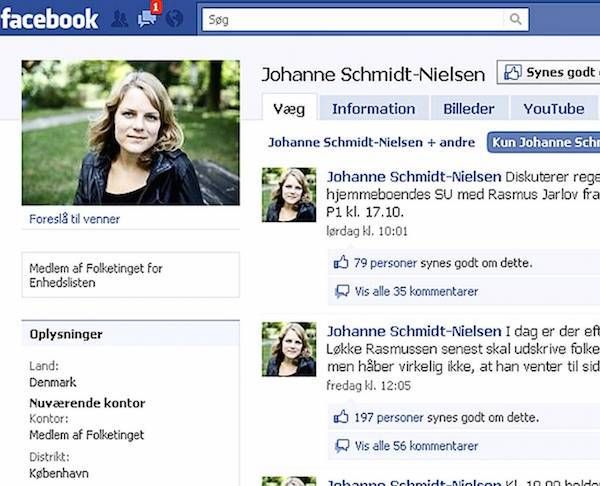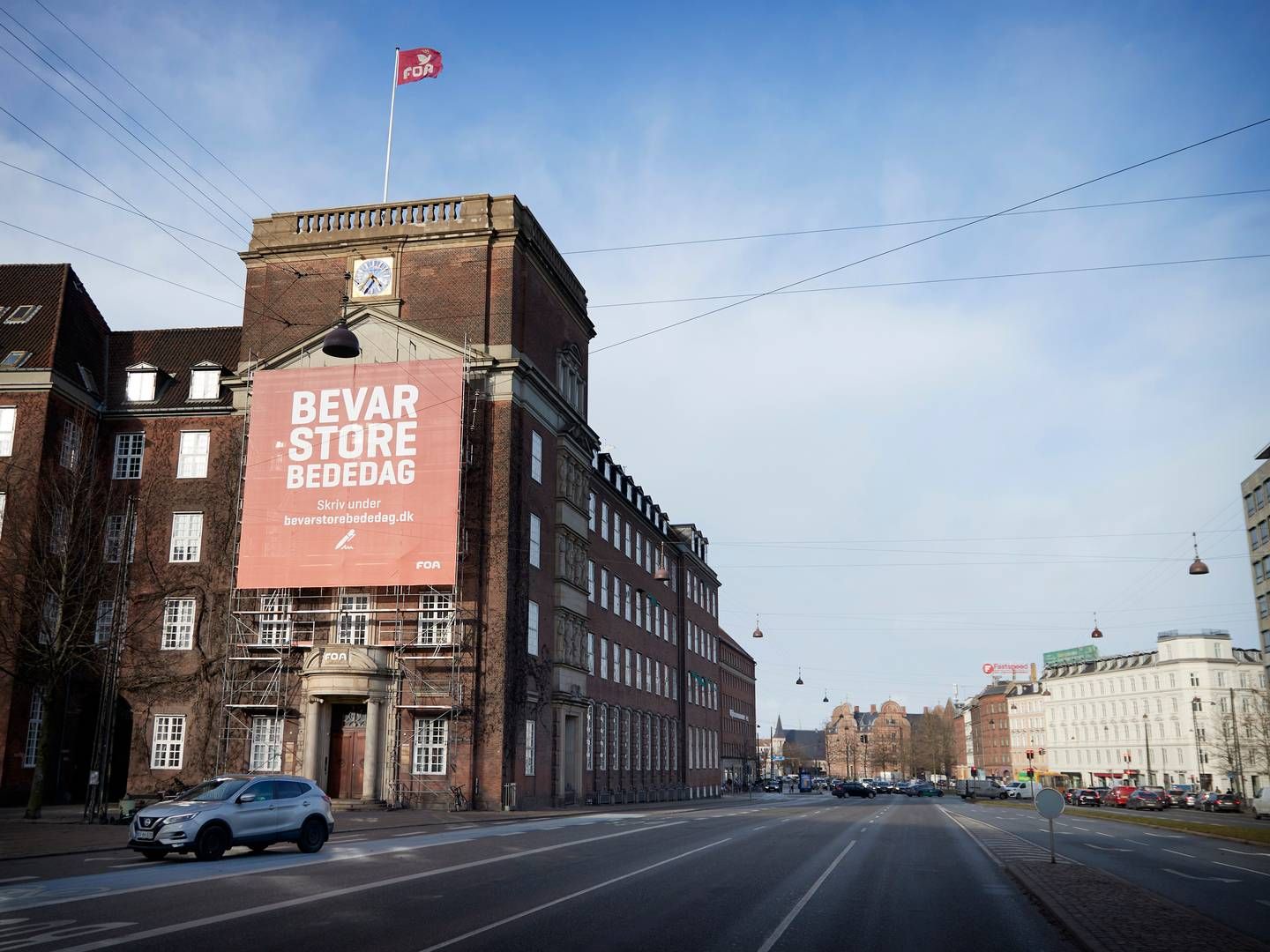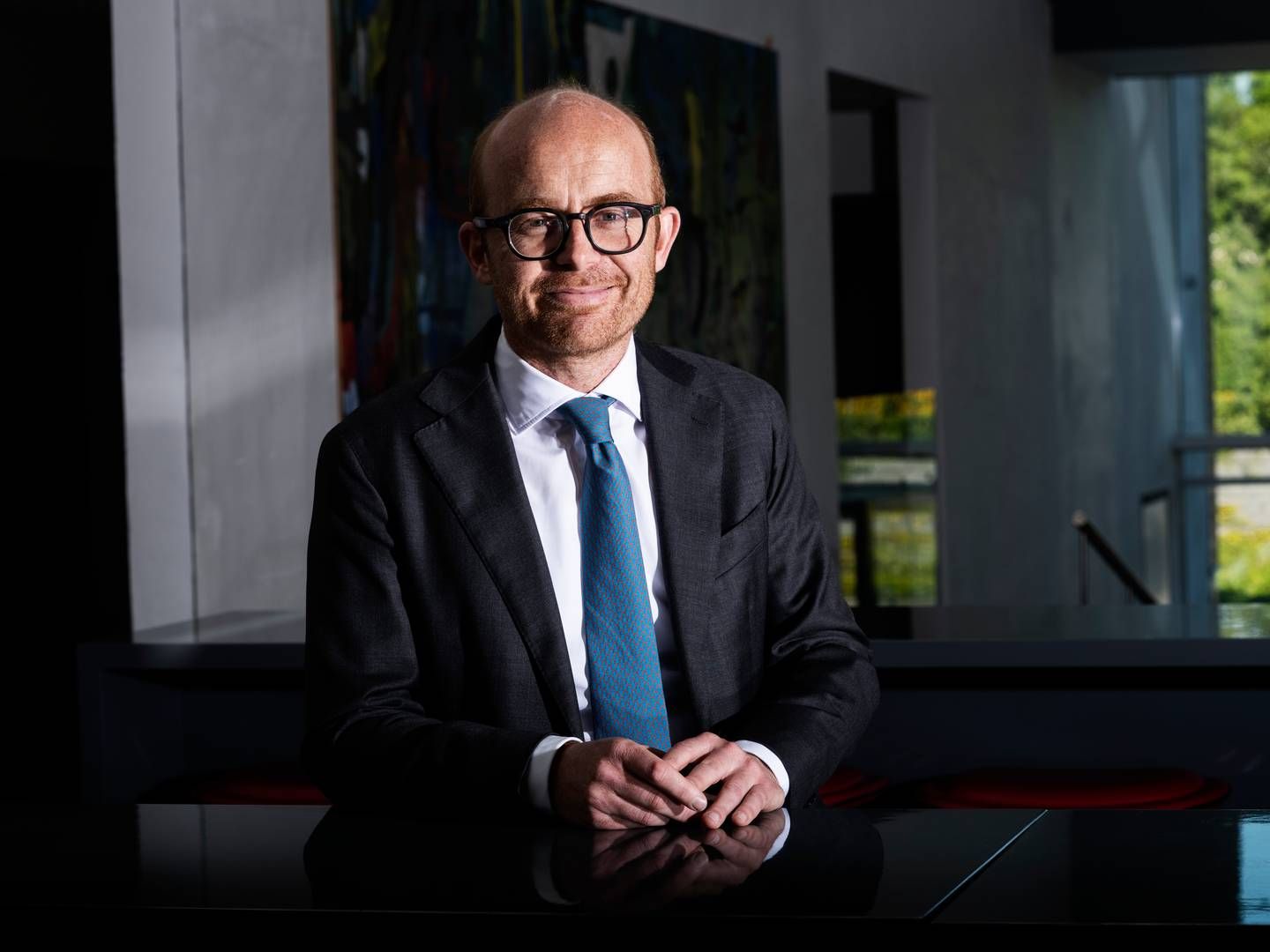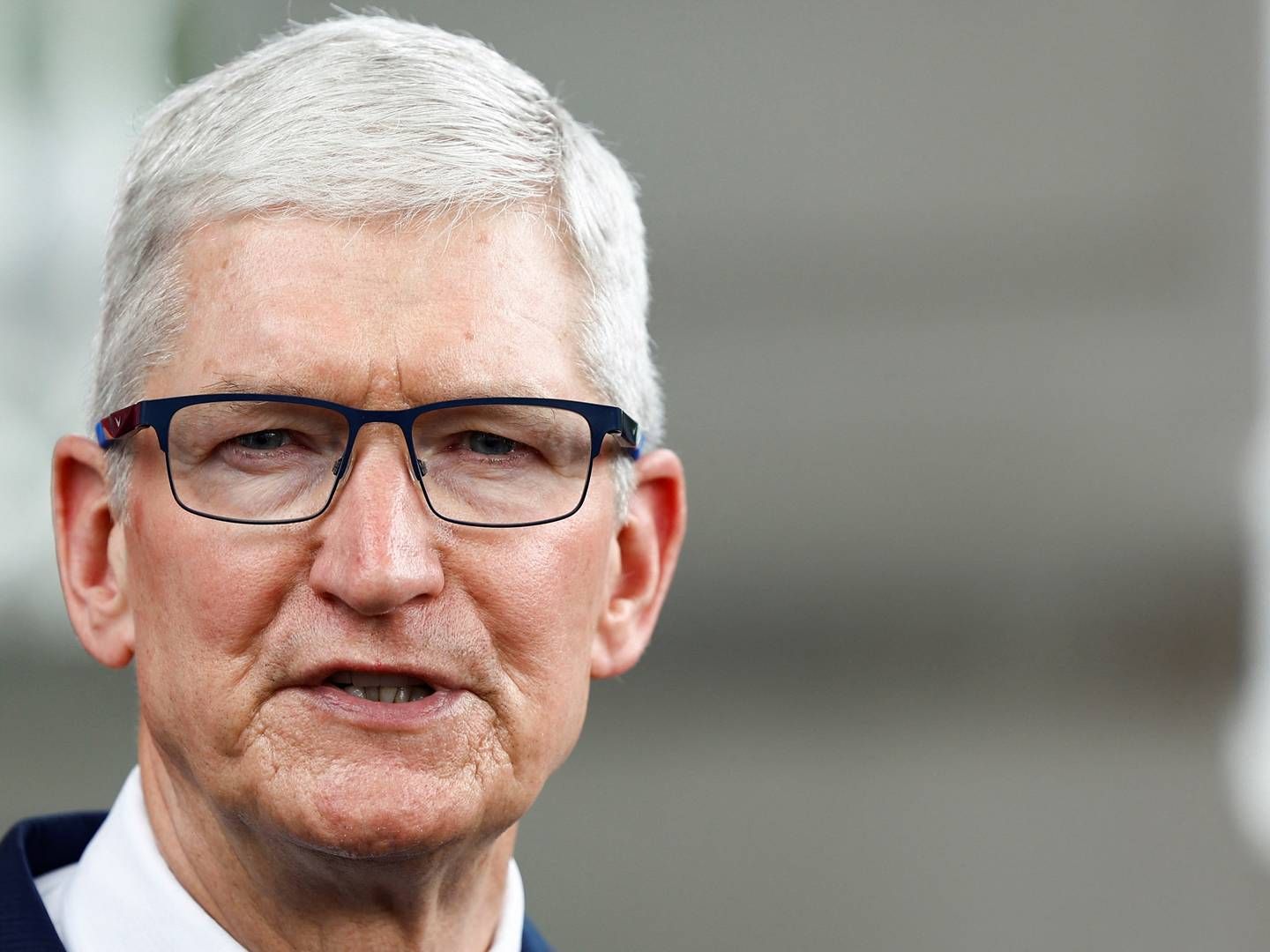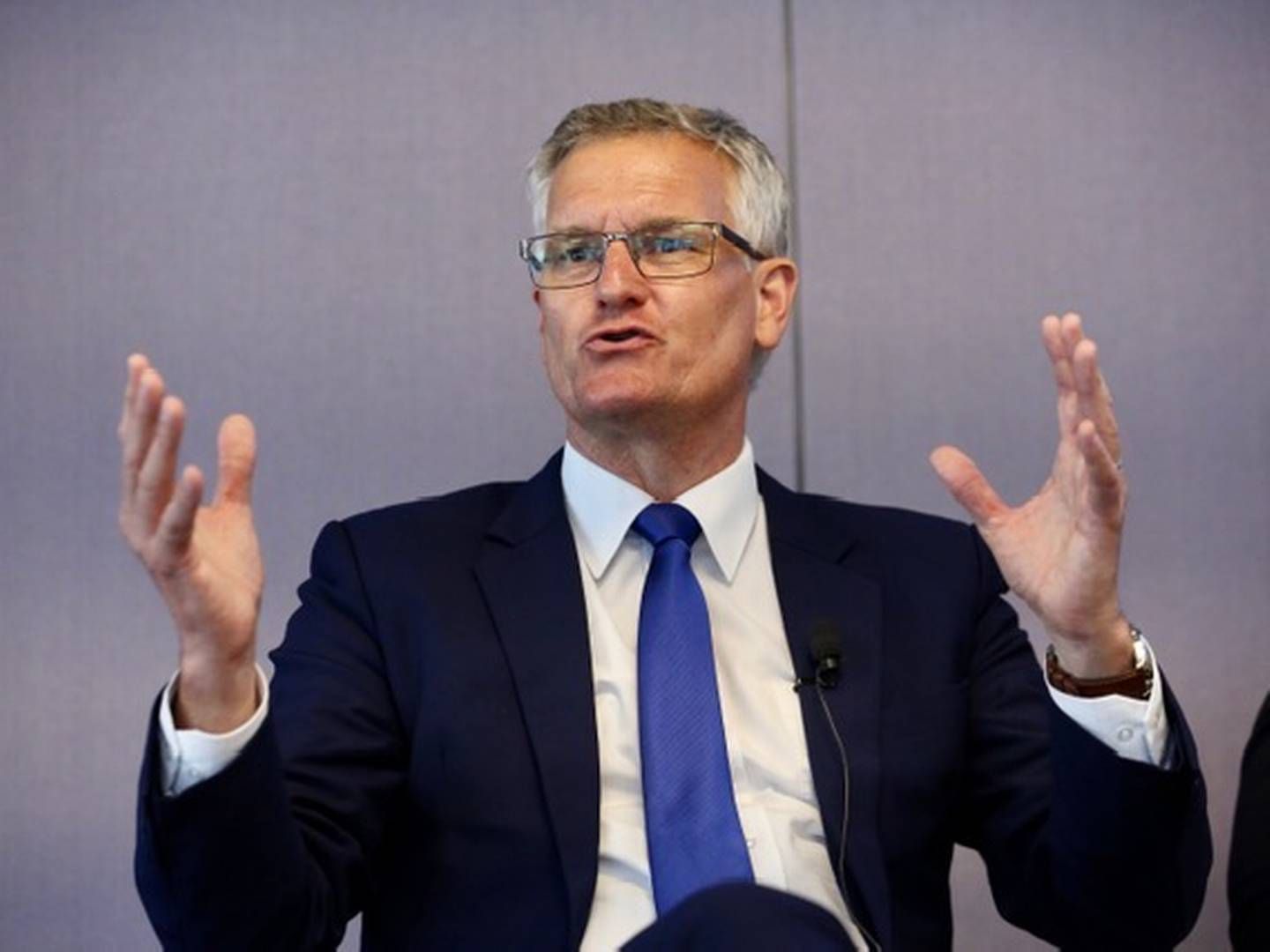The point of departure is two tensions derived from literature and general observations.
Firstly, authenticity has become an ideal in contemporary society – something people pursue – and social media is often perceived to enhance authenticity. Since there is a demand for authentic politicians, top politicians are increasingly using social media to appear authentic.
But there is actually no need for the person portrayed on social media to be involved in the management of his/her profiles because people cannot tell whether the person portrayed really is the person behind. In other words, social media offers representations of reality that paradoxically need no analogue original. Often, communication advisors are involved in the management of top politicians’ social media but people interacting with them cannot see this.
Secondly, in previous research literature, most scholars share the view that authenticity is a socially constructed concept but they have difficulties detaching themselves from an essentialism value system, assuming that authenticity is ontologically present. The concept is restrained in a dichotomy, where authenticity is viewed as in opposition to inauthenticity and authenticity is always better than inauthenticity.
These tensions motivated me to explore the authenticity on social media from the perspective of communication advisors assigned to top politicians. In the empirical analysis, I draw on theoretical perspectives by Jean Baudrillard and Umberto Eco in order to maintain an open-minded approach that is not caught in essentialism thinking similar to most literature.
The results suggest that in order to create perceived authenticity, communication advisors have to connect with the code of the audience in a convincing way because authenticity is not a matter of who creates it but how well it meets the audience’s expectations. It is also suggested that communication advisors may even be better at creating perceived authenticity of politicians than politicians themselves. This is the art of falsifying.
Specialet er skrevet i 2015 af Kenneth Lykke Rønholt, MSc in Strategic Public Relations (Double Degree) ved University of Stirling, Skotland, og Lunds universitet, Sverige. Specialet blev belønnet med karakteren B (10) og modtog en ’Special Commendation’ for studiets bedste speciale.
